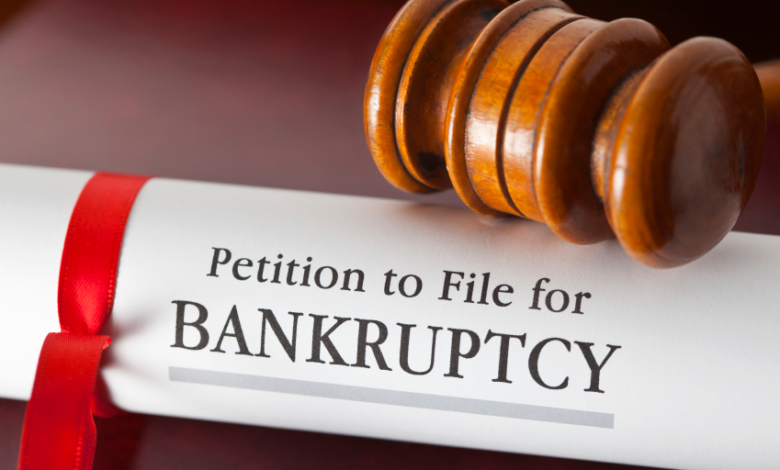
To avoid bankruptcy you need to understand the reasons that people go bankrupt. Find the most common ones below.
Not Separating Your Business And Personal Finances
Being self-employed or a sole proprietor can seem like a good first step into the business world and indeed for many it is. However, it does come with significant financial risk that needs to be considered carefully. The main risk is that if your business gets into difficulties and you have nothing separating it from your finances you could end up liable for any business debts personally, no matter how high the cost. Unfortaly, this could lead you to file for personal bankruptcy which can have many negative impacts including making it harder to apply for loans and open businesses in the future.
To that end, if you are considering starting a business, or if you have a business but are a sole proprietor you should consider incorporating and keeping all your company and personal finances separate.
Seasonal Fluctuations
Not all businesses can expect a consistent stream of income throughout the year. Indeed, many companies do much better across one or two seasons, for example, stores and restaurants in vacation locations will earn the majority of their revenue in peak times and may close or run a reduced staff at other times.
Unfortunately, if you do not properly plan for seasonal fluctuations your business could end up in financial trouble pretty fast. What this means is you need to plan for business rent, overheads, stock, and wages even in the low seasons, or find a model like a pop-up shop that allows you to only operate in high seasons.
Bad Accounting
Out of all the issues listed in this post, bad accounting has to be at the top for reasons why businesses experience bankruptcy. The sad thing is that this cause is also one of the most avoidable too, it just means taking some extra care when it comes to your accounting, books and taxes.
In particular, making sure your tax assessment is accurate, and that you pay any money outstanding on time is vital if you want to avoid financial disaster. Savvy accounting is important as well, including making sure that all your leadership team and not just your accounts understand the answer to questions like what are payment terms, and how long can we give our customers to pay. This is vital because you need to strike a balance between offering clients appealing payment terms, and also ensuring that you maintain enough cash flow to keep your business running smoothly at the same time. After all, you don’t want to end up in a situation where you can’t meet your business’s financial responsibilities because you are begging generously to others.
Bad Management
Owning a business doesn’t automatically mean you suddenly have all the skills you need to run it effectively. Sadly, too few business leaders realize this until it’s too late and their organization is already bankrupt.
Poor management and leadership can be poison to your business because ultimately over time they will lead to issues like low morale, high turnover, poor customer service and experience. In turn, these will lead to less revenue and profit later if not sooner and can put your business in serious financial peril.
With that in mind, it is crucially important that anyone within a leadership position embrace soft skills training so they can properly and constructively direct others and successfully lead their business.
No Fraud Prevention
Businesses, especially small businesses are vulnerable to fraud where fraudsters order goods or services on stolen cards. The problem with such fraud is that businesses then end up out of pocket because their goods or services are gone, but the genuine owner of the card files with the bank for a refund which trickles down to the business that sold the item.
The issue is so prevalent with small businesses because they tend to have less fraud protection in place than larger organizations. However, businesses selling high-value products or services should consider upgrading their fraud protection services as this can help them cut the risk of significant losses, and so also reduce their vulnerability to going bankrupt over a short space of time.
Expanding Too Quickly Or Too Far
Last, of all, overexpansion can ultimately lead to going bankrupt. The reason for this is when businesses expand too fast or beyond their current capabilities it can create a big gap in what they can deliver to their customers compared to the costs they need to pay out. Essentially, overexpansion means there is more money going out than coming in, and even a few months of this will no respite can lead some businesses into bankruptcy.
To that end, only expanding when you know your infrastructure can expand with you is crucial if you wish to avoid going bankrupt.




